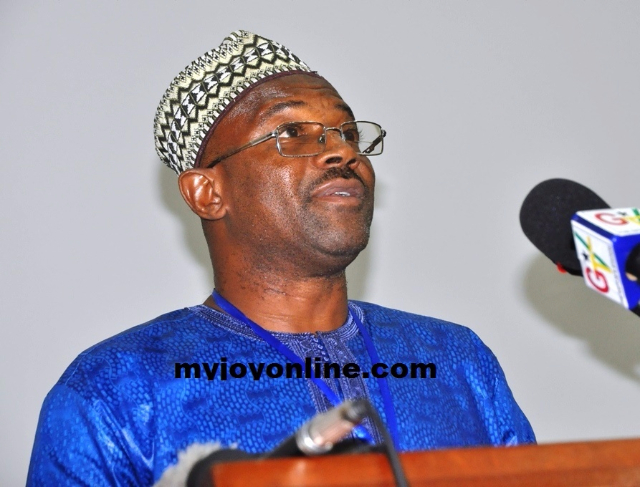Scientists from selected countries in the West Africa sub-region are meeting in Kumasi to discuss funding avenues for root and tuber crop technology research.
Participants are unanimous the crops hold the potential to transform economies in Africa through improved food security and poverty alleviation.
Global consumption of root and tubers is estimated at about 112 kilograms per capita per year; serving as diet for 22 million people in Ghana.
It also contributes to sustaining animal feed and starch production.
But scientists are worried despite the enormous potential of roots and tubers in Africa, they are neglected.
Dr. Victor Agyeman, Director –General of the Council for Scientific and Industrial Research, says global funding for research and development in root and tuber has dwindled.
“These strategic crops which provide nutrient have, however, been neglected by way of levels of investment for research and development, compared to other crops.
There are obvious challenges to any attempts at making root and tuber crops technology and innovation development profitable”.
The necessity to develop the whole industry, with stakeholder involvement, gave birth to the West African Agriculture Productivity Program (WAAP) in 2008.
The regional conference on root and tubers, therefore, creates a forum for knowledge sharing in identifying common problems and prescribing solutions for regional strategies for funding.

Sponsored by the World Bank and the West and Central African Council for Agricultural Research and Development (WECARD/CORAF), participants at the conference identified for implementation common research problems and solutions on root and tuber crops in the value chain in various WAAP countries.
Speaking at the regional workshop, Dr. Ahmed Yakubu Alhassan, Deputy Agriculture Minister, in charge of crops, reiterated the need to strengthen regional cooperation to enhancing food security.
“There is absolute need to pool resources in order to guarantee cost effectiveness and efficiencies in application of scarce resources in scientific research, and I believe that is why WAAP is designed this way to ensure that, together, we can put our productivity on the rise”.
Dr. Alhassan emphasized that only sound indigenous research can deliver the necessary technologies to achieve these important goals (food security and poverty alleviation).
According to him, promotion of integrated agricultural research that focuses on participatory approach for a sustainable value chain development will positively impact on agricultural productivity in the sub-region.

